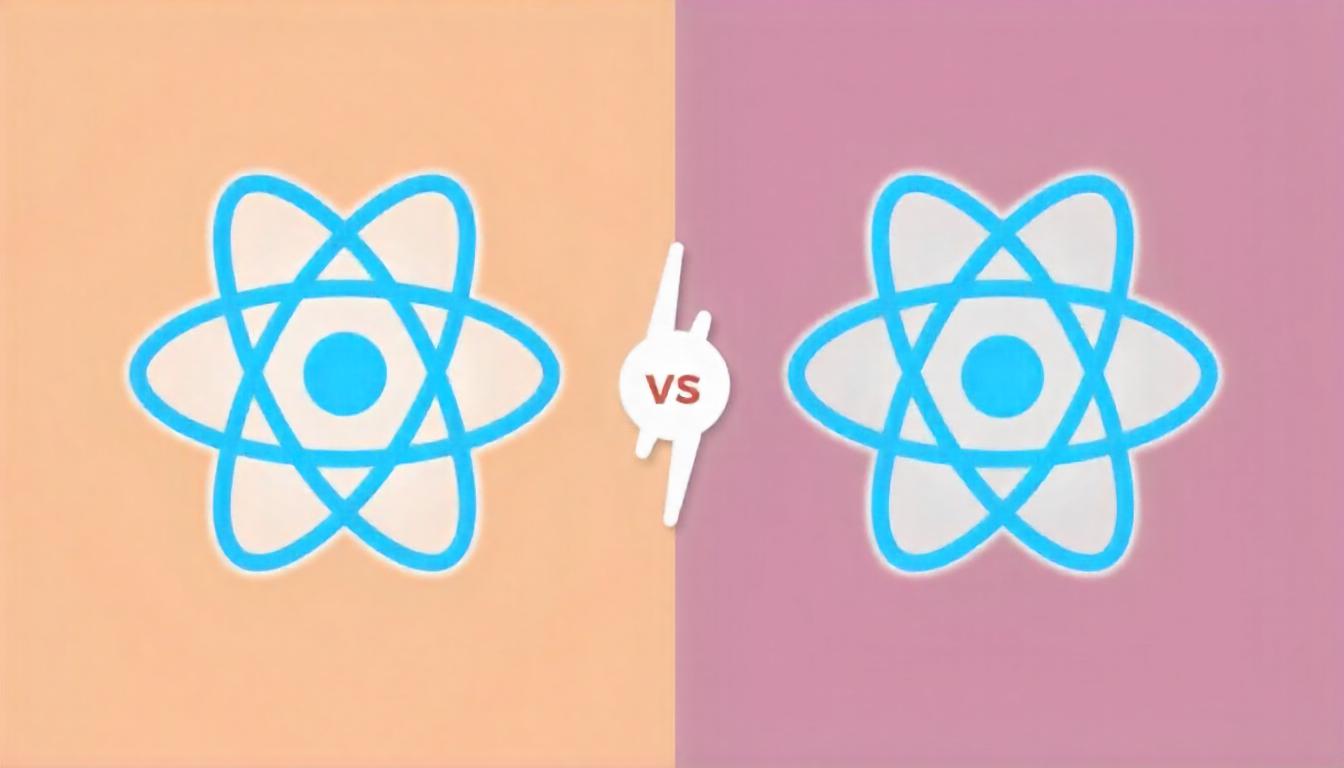
Progressive Web Apps or Accelerated Mobile Pages – Which to opt?
The comparative thinking of humans is a natural thing and it helps improve knowledge and research. Similarly choosing between Progressive Web Apps (PWA) and Accelerated Mobile Pages (AMP) is essential for businesses to evaluate the factors that worth and useful for their business success.
PWA or AMP? This debate will remain constant and important because each one of them has its own pros and cons. Let us dive deep to know each of them and to know which one to prefer for businesses.
All About Progressive Web Apps (PWA)!
As the name implies, these apps adopt web capabilities to provide a mobile app-like experience (home screen and push notifications). These are general web pages or websites but provides native mobile apps nature. In other words, it is an optimized website. This web application development uses coding languages such as HTML, CSS, JS to perform that app-like nature. And it uses one code base for all platforms and no need to install it from App Store or Play Store and it is cost-effective.
e.g. Flipkart Lite
Highlights of PWA:
- Fast loading and good performance
- Offline access
- Uses less data
- No need to install but shows app-like nature
- Analytics support
What Made it a Good UX App?
If you want the broadest reach, you need to provide a good user experience. Alibaba.com, a live example which has increased its conversions by 76% after upgrading its site to PWA.
- Reliability: The fast loading of the site and offline working made this more reliable.
- Integrated: It can be easily integrated with other platforms.
- Speed: Fast navigation between pages.
- Engaging: Home screen and push notifications made them engaging.
Features of PWA:
- Progressive and Responsive: These apps work for any browser such as Internet Explorer, Google Chrome, Mozilla Firefox, Safari and any device such as a mobile, tablet, desktop, etc. Thus, these apps are highly progressive and responsive.
- Discoverable and installable: These apps allow search engines to find them, index them, and make it discoverable by the people. And the users can easily save the pages (not like bookmarking but through home screen feature) of their wish without numerous steps as we do in a mobile app.
- Safe and Secure: All the users trust the secure connection so web apps let the users browse safely through https.
- Centralized and latest updates: The web apps can easily update the content, features, or any changes in the application without any hassles. No need for the review processes like mobile apps have in the app market places.
- App-like nature and low data usage: The app-like nature means the UX with the web app is the same as the UX with a mobile app and it uses fewer data to avoid complexity in UX.
- Linkable and offline access: The poor connectivity of a network won’t stop access to web apps. Moreover, it can be accessed offline too.
If you adopt web apps, you will see
- A decrease in bounce rate
- Increase in engagement and conversions
- 2times faster interaction rate and in the number of visitors
The challenges faced in PWA
- Though it acts as app-like nature, it has no access to native APIs
- It provides only multi-browser support not Cross-Browser support
- It has limited functionality and limited legitimacy
- It doesn't let log in into cross applications
All about Accelerated Mobile Pages (AMP)!
The sole aim of the evolution of the AMP version; the open-source framework is providing a good UX for mobile users and it uses AMP HTML code. And Google has made this a factor to rank websites too. It is best suitable for content-based websites. It gives only informative content (curated) so enhances the page load speed.
Highlights of AMP:
- Increased website loading speed
- Optimized page and good ranking on mobile SERP
- ROI on Ads
Features of AMP:
- Speed: The web pages will be loaded 4 times faster.
- Allows Mobile SEO: It allows easy search engine optimization of the site and the keywords you use for your site will be ranked on the top page of SERP.
- Authority over the site: Website owners will have complete control over the design and visuals including images and videos.
If you optimize your site to AMP version, you will see
- A decrease in bounce rate
- Increase in organic traffic and search engine ranking
- Advertisements can be loaded fast and help in achieving profits
Challenges Faced in AMP:
- Though it improves mobile search engine ranking, you can't be ranked the same on SE over desktops.
- You can't track user activity on AMP pages (No support for analytics)
- Only suitable for content-based websites not for e-commerce sites
PWA OR AMP?
In a nutshell, the below table describes the comparison between PWA and AMP.
| Attribute | PWA | AMP |
| Bounce rate | Reduces | Reduces |
| Great at | UX, User engagement | Faster site load |
| Perfect for | E-commerce sites (dynamic websites) | content-based websites (static websites) |
| Updates | Easy updating | - |
| Reliability | App like nature | - |
| Discoverability | Not easy as AMP | Easy |
| Technologies and code | streamlined CSS and standardized JavaScript | Service Worker, Web App Manifest, App Shell |
With the advent of technology, businesses can incorporate both AMP and PWA for their site for better results.
Wrapping Up
To sum up, both PWA and AMP will help you in giving good UX and outranking your competitors. If so, which one to prefer web application development or AMP version to gain profits? The answer is, as always, depends. It depends on the nature of your business and your business goals.
Don’t let any stone unturned with the opportunity to reach the margin of ROI. Reach out to a mobile app development company that helps you the way.
Also Know: https://www.tvisha.com/blog/where-progressive-web-apps-are-better-than-native-mobile-apps

















 Whatsapp
Whatsapp
 Email
Email


